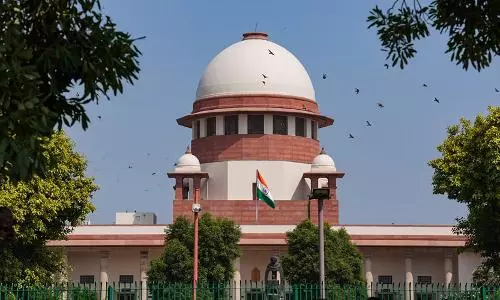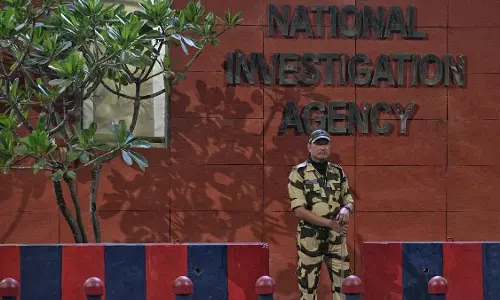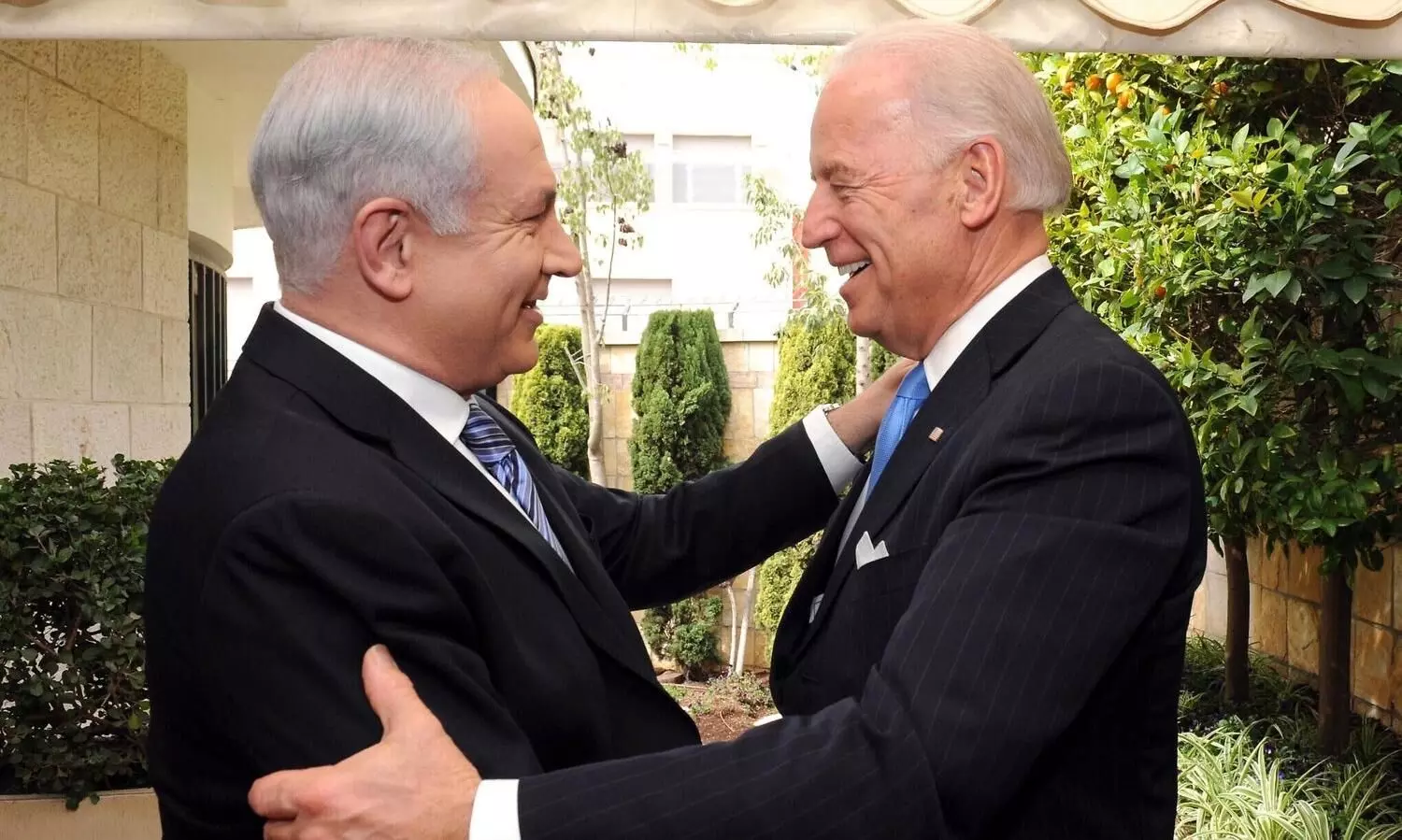
Haniyeh’s killing: Netanyahu’s tactics delay ceasefire and escalate conflict
text_fieldsThe assassination of Hamas political leader Ismail Haniyeh in Iran has created a new front in the already fragile Middle East amid negotiations for a ceasefire in the Israeli war on Gaza, which has so far claimed the lives of more than 50,000 Palestinians.
When the Iranian government announced that the killing would not go unanswered, amid Israeli Prime Minister Benjamin Netanyahu’s preference for continuing the assault on Gaza despite international pressure for a ceasefire, the situation on the ground is slipping towards further escalation of the conflict.
Political experts view the targeting of Hamas leaders and the continued bombardment of Lebanon as tactics by Netanyahu to avoid reaching a ceasefire deal with Hamas. These actions keep the region inflamed with war cries and drag Hezbollah and Iran into the conflict, potentially leading to a full-blown war with anticipated support from the West, especially the US, where he received a warm welcome from Congress.
Meanwhile, the United Nations Security Council (UNSC) convened urgently to address the worsening crisis, condemning the killing and urging heightened diplomatic efforts to avoid a full-scale regional war.
The assassination of Haniyeh occurred less than a day after Israel targeted and killed Hezbollah's senior military commander Fuad Shukr in Beirut. These high-profile attacks have intensified tensions, with Iran and Hamas attributing Haniyeh’s death to Israeli actions, a claim Israel has neither confirmed nor denied.
Haniyeh’s assassination was particularly shocking as it took place in Tehran while he was attending the inauguration of Iran’s new president. The timing and location of the attacks—Beirut and Tehran—have fuelled fears of a broader conflict.
Israel claimed its action in Lebanon was in response to a rocket attack that resulted in significant civilian casualties in the Golan Heights. The strikes on such high-profile targets have been interpreted as a bold move by Israel, aiming to assert its military dominance.
The UNSC's emergency meeting reflected the deep divisions among its members regarding the ongoing conflict. China, Russia, and Algeria condemned the assassination of Haniyeh, while the United States, United Kingdom, and France criticized Iranian support for destabilizing actors in the region. The international community’s polarized responses highlight the complex geopolitical dynamics at play.
Iran has expressed its intention to retaliate, with Tehran’s UN ambassador calling for sanctions against Israel and accusing it of engaging in terrorism. Iran’s supreme leader, Ayatollah Ali Khamenei, has vowed revenge, describing the killing as an affront to Iran’s sovereignty and a blatant act of aggression. Reports suggest that Khamenei has even ordered a direct strike against Israel, though these reports remain unverified.
In response to the escalating violence, UN Secretary-General António Guterres has called for de-escalation and restraint, stressing the necessity of diplomatic engagement to prevent further bloodshed. Despite this, the killing of Haniyeh has cast doubt on the possibility of a ceasefire in Gaza, complicating ongoing negotiations and raising concerns about a potential regional conflict.
The impact of Haniyeh’s death on the ground in Gaza remains uncertain. While his assassination is a significant blow to Hamas, the organization has shown resilience in the face of previous losses. Hamas fighters, led by Yahya Sinwar, are believed to be preparing for continued conflict, maintaining their stance against Israel despite recent setbacks.
Netanyahu has defended the strikes, framing them as necessary actions in the context of the ongoing war with Hamas. Netanyahu’s address following the attacks underscored Israel’s determination to achieve its military objectives, despite international calls for restraint and a ceasefire.
The assassination of Haniyeh and Shukr has further complicated the already fraught diplomatic efforts to address the conflict in Gaza and beyond. Egypt and Qatar, key mediators in the peace process, have expressed concerns that these developments will undermine their efforts to broker a ceasefire. The diplomatic landscape is further complicated by the involvement of various regional and international actors, each with its own interests and agendas.






















